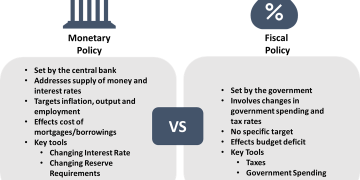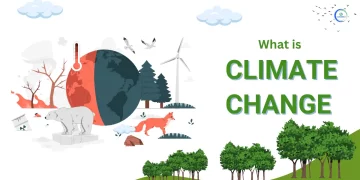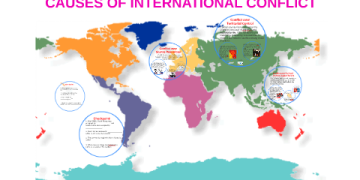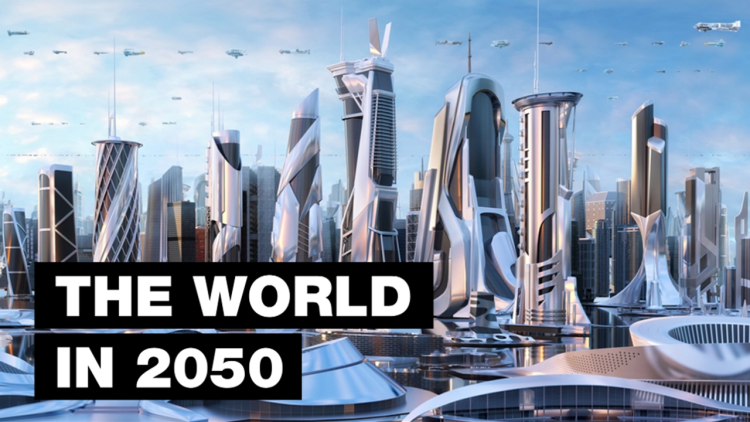Introduction
The technological frontier of the 21st century is marked by innovations that go beyond improving efficiency—they aim to solve humanity’s grand challenges. From combating climate change to addressing resource scarcity and bridging the digital divide, future technologies are emerging as powerful tools for building a smarter, greener, and more interconnected world.
This article explores key innovation areas transforming industries and societies, highlighting case studies that demonstrate how technology is being harnessed for progress. By examining these developments, we can better understand how innovation reshapes our collective future.
1. Smart Infrastructure for Resilient Cities
As urban populations swell—expected to reach nearly 70% of the global population by 2050—cities must evolve into smarter, more sustainable ecosystems.
1.1 Intelligent Transportation Systems
- Case Study: Singapore’s Smart Mobility
Singapore has pioneered AI-powered traffic management systems that optimize traffic flow, reduce congestion, and lower carbon emissions. Electric autonomous buses and integrated public transit apps set a benchmark for urban mobility. - Impact:
These innovations reduce urban pollution, save time for commuters, and demonstrate how smart transportation can cut energy use and emissions.
1.2 Sustainable Building Design
- Case Study: The Edge in Amsterdam
The Edge, often cited as the world’s greenest office building, uses IoT sensors to manage lighting, heating, and energy consumption. - Impact:
This model shows how smart buildings can reduce energy use by over 70%, setting standards for global construction practices.
2. Renewable Energy and Clean Tech Revolution
The global energy transition lies at the heart of addressing climate change. Emerging technologies in energy generation, storage, and distribution are enabling a cleaner future.
2.1 Solar and Wind Energy Breakthroughs
- Case Study: Morocco’s Noor Solar Complex
As the world’s largest concentrated solar power plant, Noor supplies renewable energy to millions of homes, demonstrating the scalability of solar solutions in developing regions. - Impact:
This project exemplifies how large-scale renewable investments can reduce dependence on fossil fuels while spurring regional economic growth.
2.2 Energy Storage Solutions
- Case Study: Tesla’s Megapack in South Australia
Large-scale battery storage stabilizes the grid and stores surplus renewable energy for peak demand periods. - Impact:
Grid-scale storage solutions address intermittency issues, unlocking the full potential of renewables.
3. Transforming Healthcare with Biotech and AI
Technological advances in healthcare are extending human life expectancy and improving quality of life worldwide.
3.1 Precision Medicine
- Case Study: Genomic Sequencing in Cancer Treatment
Oncology clinics now use AI-assisted genomic analysis to customize cancer therapies for individual patients. - Impact:
Personalized treatments improve survival rates while reducing unnecessary side effects.
3.2 Telemedicine and Remote Monitoring
- Case Study: India’s E-Sanjeevani Platform
Providing free teleconsultations to millions in rural areas, this government-supported initiative leverages cloud technology to address healthcare inequities. - Impact:
Digital health solutions enhance access to care, particularly in underserved communities.

4. Agriculture and Food Security in the Tech Era
Feeding a growing global population sustainably demands innovation in agriculture and food systems.
4.1 Precision Agriculture
- Case Study: John Deere’s Smart Farming Equipment
Equipped with AI and satellite navigation, these machines help farmers use water, fertilizer, and pesticides more efficiently. - Impact:
Smart farming improves yields, conserves resources, and reduces environmental harm.
4.2 Alternative Proteins
- Case Study: Beyond Meat and Cultivated Meat Startups
Plant-based and lab-grown meat alternatives reduce reliance on traditional livestock farming. - Impact:
These innovations cut greenhouse gas emissions, preserve biodiversity, and address ethical concerns.
5. Expanding the Digital Ecosystem
Connectivity is the backbone of technological advancement. Innovations in digital infrastructure are bridging divides and enabling global collaboration.
5.1 5G and Next-Generation Networks
- Case Study: South Korea’s 5G Rollout
As a global leader in 5G deployment, South Korea has enabled breakthroughs in telemedicine, AR/VR gaming, and smart factories. - Impact:
Faster, more reliable connectivity accelerates innovation across sectors.
5.2 Blockchain for Trust and Transparency
- Case Study: Estonia’s E-Government Platform
Using blockchain to secure citizen records, Estonia exemplifies how decentralized technology can strengthen public trust and streamline governance. - Impact:
Blockchain improves transparency and reduces corruption risks while safeguarding privacy.
6. Sustainability and Ethical Innovation
Innovation without responsibility can exacerbate inequalities and environmental harm. A growing focus on sustainable practices is shaping the future of technology.
6.1 Circular Economy Models
Tech companies are adopting circular strategies—recycling electronic waste, designing products for longer life cycles, and minimizing material use.
6.2 Global Partnerships for Sustainability
International collaborations such as the Mission Innovation initiative promote joint research and funding to accelerate clean energy breakthroughs.
7. Challenges on the Path Forward
Despite remarkable progress, significant barriers remain:
- Equity and Access: Technological divides persist, leaving some communities behind.
- Cybersecurity Risks: Greater connectivity increases vulnerability to cyber threats.
- Job Displacement: Automation could disrupt traditional labor markets, requiring large-scale workforce reskilling.
- Ethical Concerns: AI bias, data privacy, and environmental costs of tech manufacturing demand vigilant oversight.
Conclusion: A Vision for a Smarter, Greener, More Connected Future
The next technological frontier represents both extraordinary promise and significant responsibility. Innovations in smart infrastructure, clean energy, healthcare, agriculture, and digital ecosystems are redefining how humanity interacts with the planet and with one another.
Realizing this vision requires collaborative global governance, equitable access to innovation, and a shared commitment to sustainability. By investing in both technology and human capital, societies can ensure that the next era of technological progress uplifts all people and protects the planet we share.
















































